
Danilo Kis (born February 22, 1935) – Serbo-Hungarian novelist, essayist – Garden, Ashes (1965)
Read an autobiographical essay in
Homo Poeticus: Essays and Interviews, Danilo Kis
Danilo Kis gives his autobiography (Serb language)
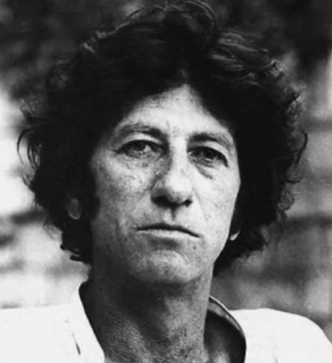 here
here
In my fourth year (1939), at the time of the enactment of anti-Jewish laws in Hungary, my parents baptized me in the Church of the Assumption in Novi Sad in the Orthodox faith, which saved my life. Until I was thirteen, I lived in Hungary, in my hometown, where we fled in 1942 after the massacre of Novi Sad. I worked as a servant for wealthy peasants, and at school I listened to catechism and Catholic biblical exegesis.
"Disturbing Diversity," what Freud calls Heimilchkeit, will be my primary literary and metaphysical impulse; in my ninth year, I wrote my first poems in Hungarian; one spoke of hunger, the other was a love song par excellence...
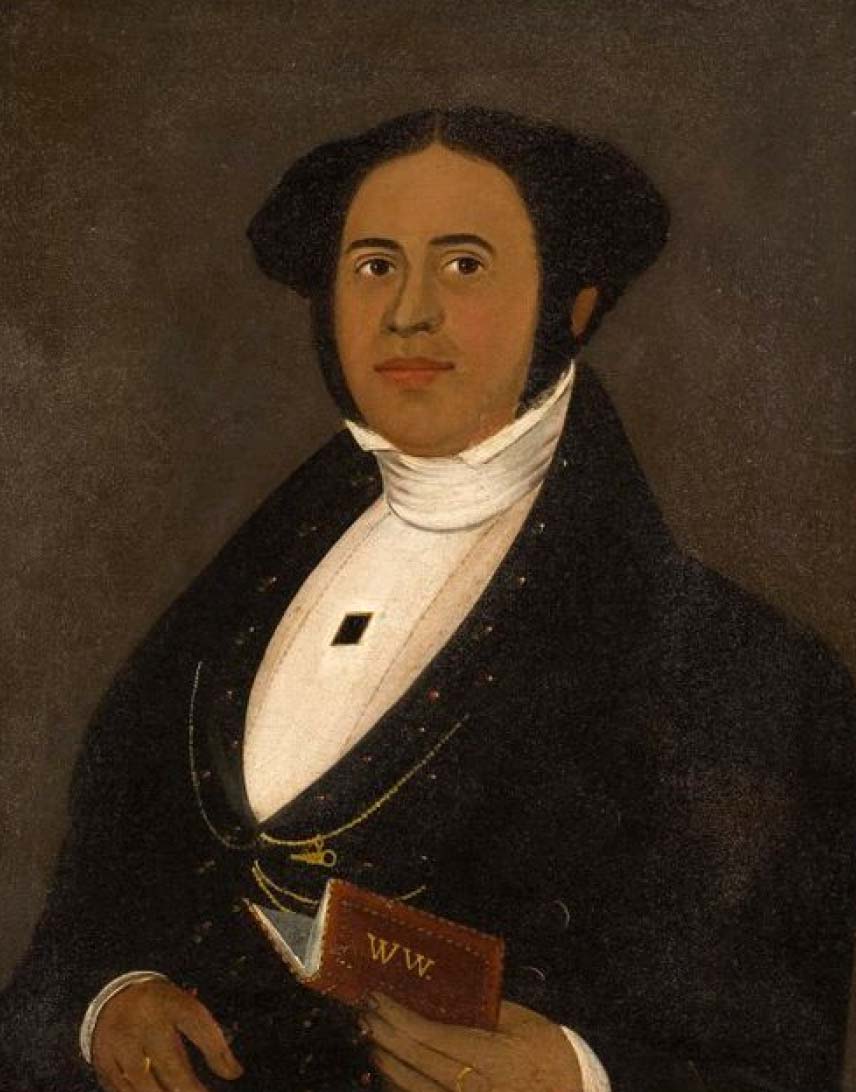
William Whipper (born February 22, 1804) U.S. anti-slavery activist, essayist – “Address on Non-Resistance to Offensive Aggression”
Read a birography of Whipper
here
Read Whipper’s 1834 essay about the need for temperance
(abstain from drinking liquor) among the Negro population
here
Read excerpts from Whipper's “An Address on Non-Resistance to Offensive Aggression” (1837)
here
“Had they have set out in this glorious undertaking of freeing 2,500,000 human beings, with the war-cry of “liberty or death,” they would have been long since demolished, or a civil war would have ensued; thus would have dyed the national soil with human blood. … Their weapons were reason and moral truth, and on them they desired to stand or fall – and so it will be in all causes that are sustained from just and christian principles, they will ultimately triumph.
Therefore let us, like them, obliterate from our minds the idea of revenge, and from our hearts all wicked intentions towards each other and the world, and we shall be able through the blessing of Almighty God, to so much to establish the principles of universal peace. Let us not think the world has no regard for our efforts – they are looking forward to them with intense interest and anxiety.
[W]hile we endeavor to control our own passions and keep them in subjection, let us be mindful of the weakness of others; and for acts of wickedness of others; and for acts of wickedness committed against us, let us reciprocate in the spirit of kindness. If they continue their injustice towards us, let us always decide that their reasoning powers are defective, and that it is with men as the laws of mechanics – large bodies move slowly, while smaller ones are easily propelled with swift velocity. In every case of passion that presents itself, the subject is one of pity rather than derision, and in his cooler moments let us earnestly advise him to improve his understanding, by cultivating his intellectual powers, and thus exhibit his close alliance with God, who is the author of all wisdom, peace, justice, righteousness and truth.
And in conclusion, let it always be our aim to live in a spirit of unity with each other, supporting one common cause, by spreading our influence for the good of mankind, with the hope that the period will ultimately arrive when the principles of universal peace will triumph throughout the world.”
Watch a re-enactment of William Whipper speaking about the underground railroad
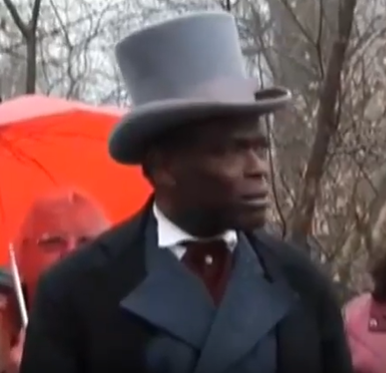 here
here
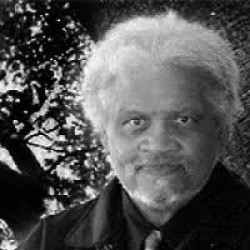
Ishmael Reed (born February 22, 1938) U.S. novelist, poet, essayist – Japanese by Spring (1993)
Reed's poem "Beware: Do Not Read This Poem" from his book Conjure (1972)
“beware: do not read this poem” and
here
tonite , thriller was
abt an ol woman , so vain she
surrounded herself w/
many mirrors
it got so bad that finally she
locked herself indoors & her
whole life became the
mirrors
one day the villagers broke
into her house , but she was too
swift for them . she disappeared
into a mirror
each tenant who bought the house
after that, lost a loved one to
the ol woman in the mirror :
first a little girl
then a young woman
then the young woman's husband
the hunger of this poem is legendary
it has taken in many victims
back off
from this poem
it has drawn in yr feet
back off from this poem
it has drawn in yr legs
back off from this poem
it is a greedy mirror
you are into this poem from
the waist down
nobody can hear you can they ?
this poem has had you up to here
belch
this poem aint got no manners
you cant call out frm this poem
relax now & go w/ this poem
move & roll on to this poem
do not resist this poem
this poem has yr eyes
this poem has his head
this poem has his arms
this poem has his fingers
this poem has his fingertips
this poem is the reader & the
reader this poem
statistic : the us bureau of missing persons reports
that in 1968 over 100,000 people disappeared
leaving no solid clues
nor trace only
a space in the lives of their friends
See Ishmael Reed reading some of his poetry at Litquake 2007:
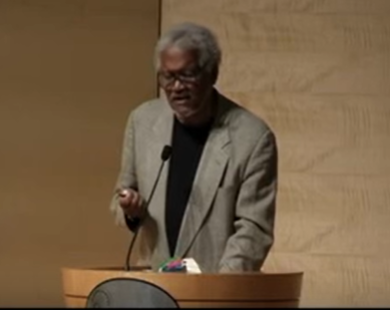 here
here
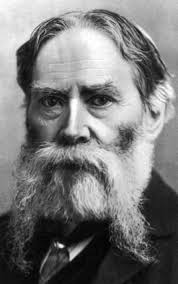
James Russell Lowell (born February 22, 1819) U.S. poet, social critic, abolitionist
Read about Lowell's satiric commentary on Edgar Allan Poe in Lowell's
"A Fable for Critics"
My heart,
I cannot still it,
Nest that had song-birds in it;
And when the last shall go,
The dreary days to fill it,
Instead of lark or linnet,
Shall whirl dead leaves and snow.
Had they been swallows only,
Without the passion stronger
That skyward longs and sings,–
Woe’s me, I shall be lonely
When I can feel no longer
The impatience of their wings!
A moment, sweet delusion,
Like birds the brown leaves hover;
But it will not be long
Before their wild confusion
Fall wavering down to cover
The poet and his song.